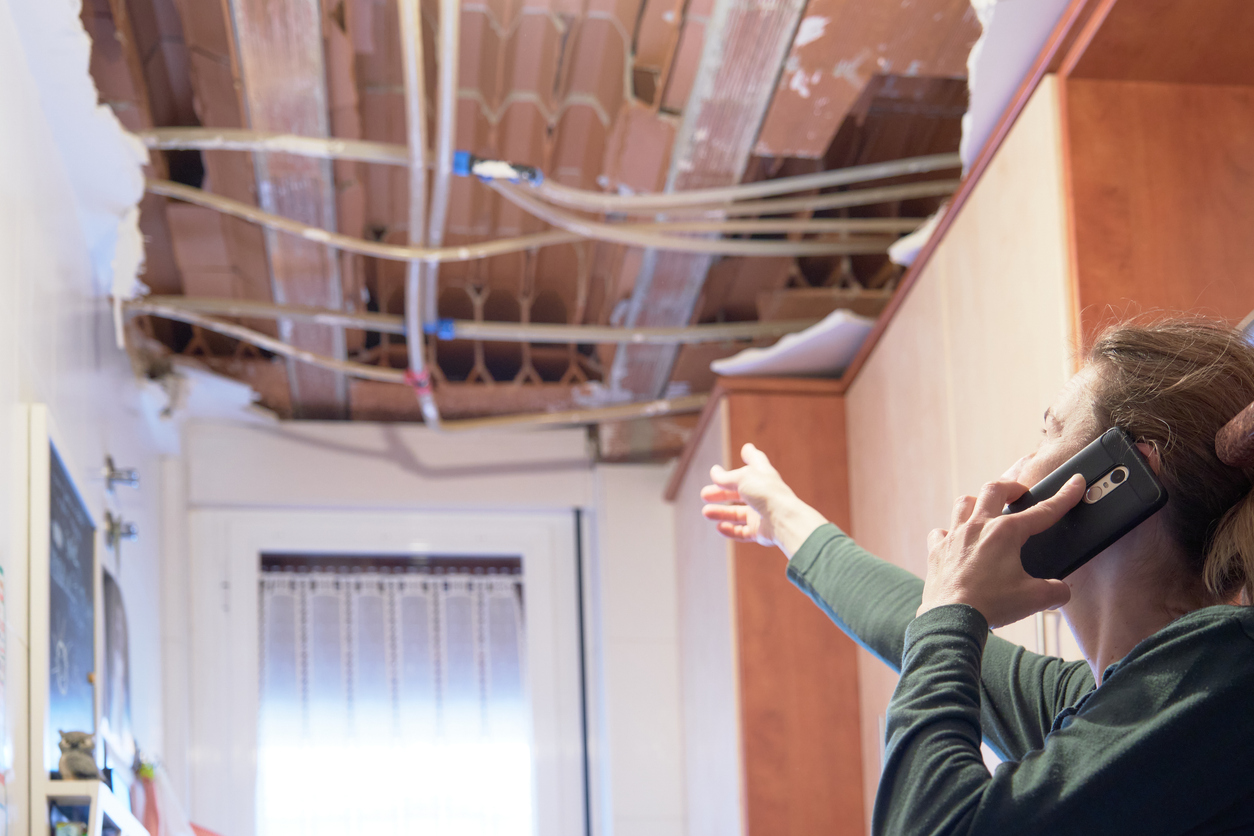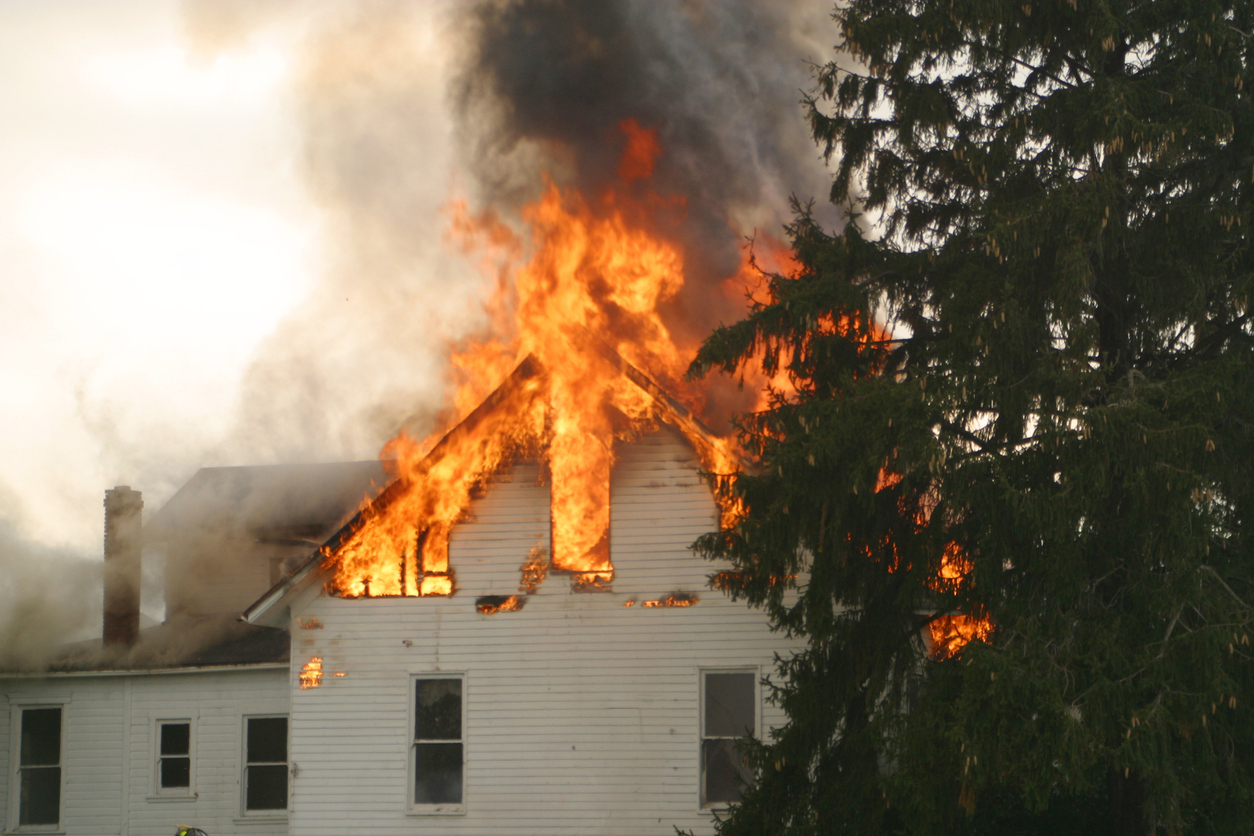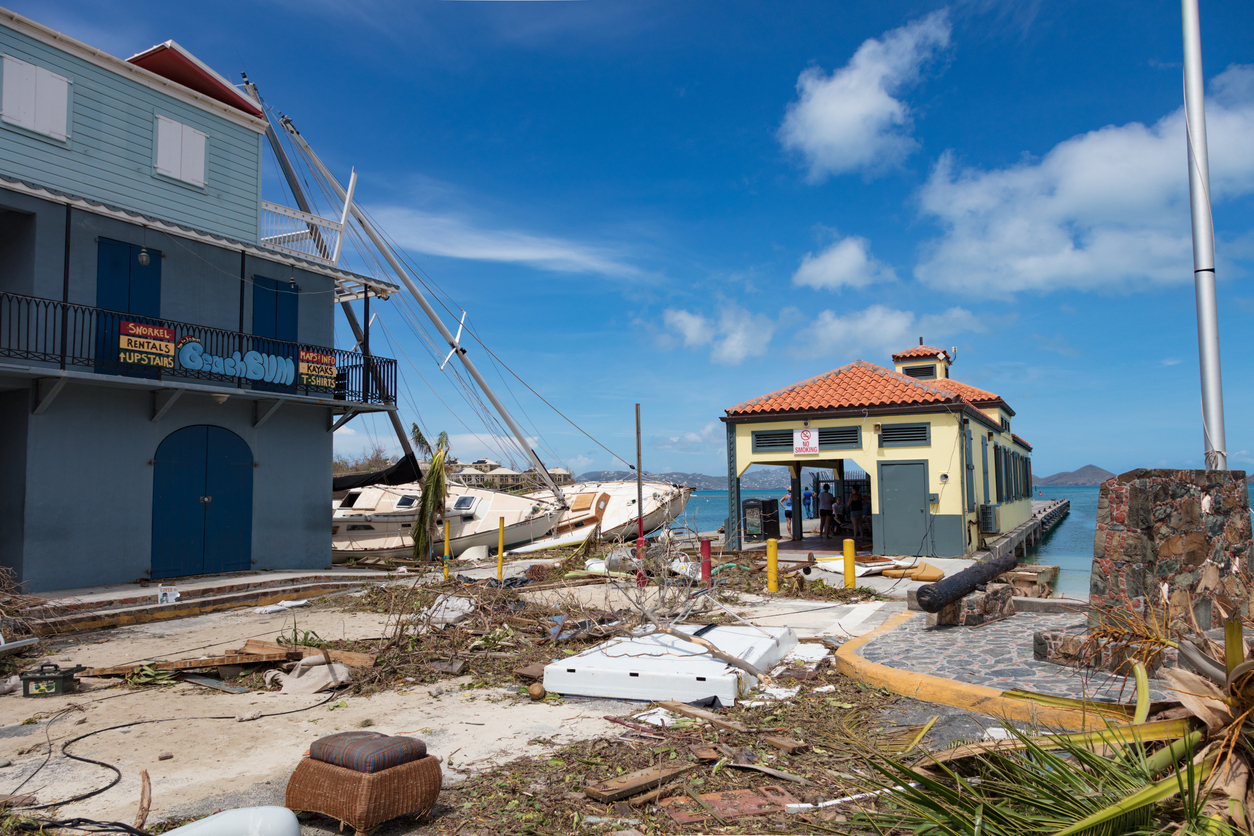Property damage can occur unexpectedly due to various causes such as water, fire, and storms. When disaster strikes, hiring a property damage claims adjuster ensures that you receive a fair and accurate settlement from your insurance provider. A skilled adjuster evaluates the extent of the damage, negotiates with the insurance company, and helps policyholders navigate the claims process smoothly.
At FL Claim Adjuster, we specialize in handling property damage claims for homeowners and businesses, ensuring they receive the maximum compensation possible. In this guide, we will break down the role of a property damage claims adjuster, how they handle different types of damage, and how you can maximize your claim payout.
Understanding the Role of a Property Damage Claims Adjuster
What Does a Property Damage Claims Adjuster Do?
A property damage claims adjuster is a professional who assesses losses and negotiates insurance settlements for policyholders. Unlike insurance company adjusters, who work to minimize payouts, public adjusters represent the policyholder and work to maximize claim settlements.
The responsibilities of a property damage claims adjuster include:
- Assessing and documenting damage to homes and commercial properties.
- Interpreting insurance policies to determine coverage.
- Filing and managing claims on behalf of the policyholder.
- Negotiating settlements to ensure fair compensation.
- Assisting in claim disputes if an insurer attempts to underpay or deny a valid claim.
Find out how FL Claim Adjuster can help with your property damage claim.
Types of Property Damage Claims
1. Water Damage Claims
Water damage is one of the most common reasons for insurance claims. A property damage claims adjuster helps policyholders recover losses caused by:
- Leaking roofs due to storms or poor maintenance.
- Burst pipes leading to extensive interior flooding.
- Sewage backups that cause hazardous conditions.
- Appliance malfunctions such as washing machine or dishwasher leaks.
How a Public Adjuster Helps with Water Damage Claims
- Thorough damage assessment to prevent insurers from downplaying the extent of damage.
- Identifying hidden water damage that could lead to mold and structural issues.
- Ensuring emergency mitigation costs (such as water extraction and drying services) are covered.
Learn more about filing a water damage claim with FL Claim Adjuster.
2. Fire Damage Claims
Fire can destroy homes and businesses within minutes, leaving behind extensive damage. A property damage claims adjuster plays a crucial role in ensuring policyholders recover from losses caused by:
- Electrical fires due to faulty wiring.
- Kitchen fires from cooking accidents.
- Wildfires that damage entire properties.
- Smoke and soot damage affecting walls, ceilings, and HVAC systems.
How a Public Adjuster Helps with Fire Damage Claims
- Evaluating structural integrity to determine if repairs or a full rebuild is necessary.
- Assessing smoke and soot damage to walls, furniture, and personal belongings.
- Documenting additional living expenses (ALE) if the home is uninhabitable.
- Negotiating fair compensation to cover all aspects of restoration.
Get expert help for your fire damage claim with FL Claim Adjuster.
3. Storm and Hurricane Damage Claims
Florida homeowners frequently deal with storm damage from hurricanes, tornadoes, and severe weather. Common storm-related damages include:
- Roof and siding damage from high winds.
- Flooding from heavy rains causing interior destruction.
- Tree damage falling onto homes and vehicles.
- Broken windows and structural instability from severe storms.
How a Public Adjuster Helps with Storm Damage Claims
- Assessing both visible and hidden storm damage.
- Filing claims promptly to avoid missing insurance deadlines.
- Ensuring roof repairs or replacements are fairly compensated.
- Negotiating with insurance companies to prevent underpayment.
Let FL Claim Adjuster handle your storm damage claim.
How to Maximize Your Property Damage Claim
1. Document All Damage Thoroughly
Before filing a claim, take detailed photos and videos of all damages. Keep records of:
- Structural damage to walls, roofs, and ceilings.
- Personal belongings affected by the damage.
- Water, smoke, and soot-damaged areas.
2. Get a Professional Inspection
Insurance adjusters may undervalue your claim by missing hidden damages. A public adjuster ensures a thorough assessment so that all damages are included in the claim.
3. Review Your Insurance Policy
Understanding what your policy covers and excludes helps prevent surprises during the claim process. A property damage claims adjuster can review your policy and help interpret coverage limitations.
4. Avoid Accepting the First Offer
Insurance companies often lowball initial settlement offers. Instead of accepting the first payout, consult with a public adjuster to negotiate for a fair amount.
5. File Your Claim Promptly
Most insurance policies have strict deadlines for filing claims. Delayed filings can lead to claim denials or reduced payouts.
Contact FL Claim Adjuster for a free property damage claim consultation.
Why Hire a Public Adjuster for Property Damage Claims?
1. They Work for You, Not the Insurance Company
Unlike insurance adjusters, a property damage claims adjuster works solely in your best interest to maximize your settlement.
2. Higher Settlements
Studies show that policyholders who hire public adjusters receive significantly higher payouts compared to those who handle claims on their own.
3. No Upfront Fees
Most public adjusters operate on a contingency basis, meaning they only get paid when you receive a settlement.
Schedule a free consultation with FL Claim Adjuster today.
Conclusion
Handling water, fire, and storm damage claims can be overwhelming, but hiring a property damage claims adjuster can simplify the process and increase your settlement. From documenting damage and negotiating with insurers to ensuring fair compensation, public adjusters provide invaluable assistance during the claims process.
At FL Claim Adjuster, we specialize in maximizing property damage claims for homeowners and businesses. Contact us today to get expert assistance and ensure your claim is handled professionally.
Don’t settle for less—trust FL Claim Adjuster to fight for your full property damage compensation!










